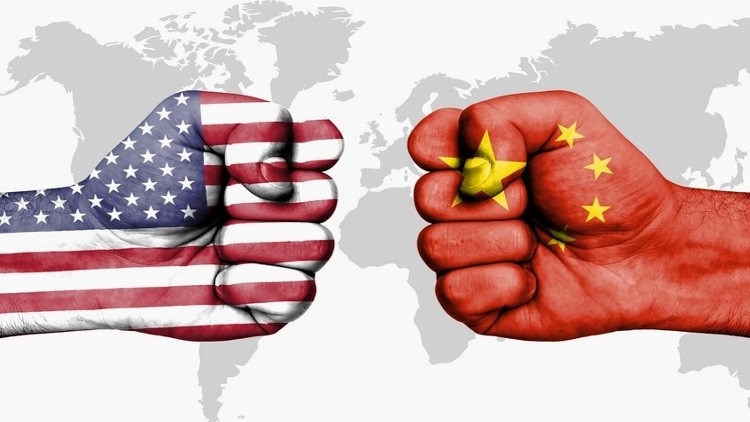Following up on a promise to address certain shortcomings in the 2022 Ocean Shipping Reform Act and to increase the scrutiny of Chinese influence over the shipping industry, U.S. Representatives Dusty Johnson and John Garamendi both of California introduced the Ocean Shipping Reform Implementation Act. Calling their proposed legislation “Ocean Shipping Reform 2.0,” the sponsors said it would further protect American agriculture and exports by clarifying the role of the Federal Maritime Commission while also focusing on China and the role of shipping exchanges. This bill is in addition to a proposal introduced last week to revoke the anti-trust exemptions for ocean carriers.
“Last June, Congress passed our landmark reform to the nation’s ocean shipping laws for the first time in nearly a quarter century to protect American businesses and consumers from price gouging by foreign-flagged ocean liners,” said Garamendi. “Congressman Johnson and I are committed to seeing that bipartisan 2022 law implemented fully to support American exporters and correct our nation’s longstanding trade imbalance with countries like China. After years of endless happy talk in Washington, we are finally making free trade fair trade and stopping Chinese state-controlled companies from ripping off our country and gutting our manufacturing jobs. Our implementation bill introduced today will finish the job.”
The representatives are being joined by a broad coalition of U.S. agricultural organizations and trade groups in supporting the additional legislation. The groups broadly recognize the success of last year’s reforms while saying additional action is needed to ensure the free flow of goods through U.S. ports and to hold ocean carriers accountable for their responsibilities to keep trade flowing.
“We’ve seen the positive results of the Ocean Shipping Reform Act, but there is more to be done to stay tough on China,” said Johnson. “The Ocean Shipping Reform Implementation Act gives the FMC the authority to protect U.S. ports, shippers, and manufacturers from the CCP’s influence. Fair trade practices benefit all parts of the supply chain from producer to manufacturer, shipper to consumer.”
The new bill proposes prohibitions on U.S. ports from using the National Transportation Logistics Public Information Platform (LOGINK), which the sponsors contend is Chinese state-sponsored software. It would also allow the FMC to investigate foreign shipping exchanges to preempt improper business practices, with the sponsors specifically targeting the Shanghai Shipping Exchange. If passed, it would also direct the U.S. Department of Transportation to contract an independent auditor to examine the influence of the People’s Republic of China on the business practices of the Shanghai Shipping Exchange and report to Congress.
Other sections address elements the sponsors believe got lost in the reconciliation between the House and Senate versions of last year’s bill. For example, it codifies the definition of “controlled carrier” under the Shipping Act to encompass state-controlled enterprises in non-market economies like the People’s Republic of China, while also streamlining data standards for maritime freight logistics, removing some duplicate reporting requirements and clarifies that Federal Maritime Commission may also stipulate additional minimum requirements for service contracts by ocean common carriers, at the agency’s discretion.
All of this comes as the FMC continues to move forward with the implementation of the 2022 reforms. Last week, the FMC reported that it is actively seeking information to confirm that ocean carriers and marine terminal operators are complying with the law following a 2022 decision addressing when per diem detention charges can be billed. The commission, through its Vessel-Operating Common Carrier Audit Program, is contacting the 11 largest ocean carriers calling the United States to confirm these shipping lines are adjusting their demurrage and detention practices to reflect the ruling that that the charging of per-diem when a port was closed and equipment could not be returned was unjust and unreasonable.
The FMC has also defined new processes for filing complaints and how it will review complaints. It is also moving forward to complete the definitions and implementation of other elements of the legislation.






